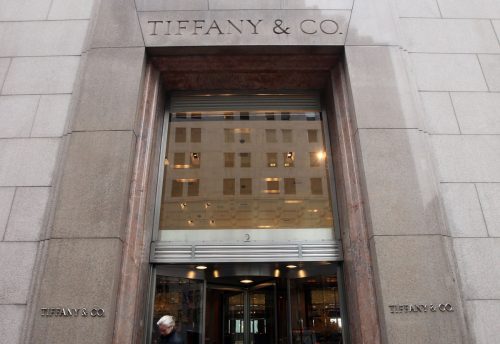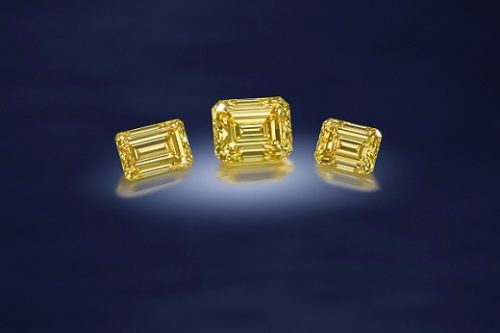
LVMH to Buy Tiffany for $16 Billion in Largest Luxury-Goods Deal Ever
LVMH Moët Hennessy Louis Vuitton is set to acquire Tiffany & Co. for $16.2 billion, strengthening the[…]

De Beers banks on ‘diamonds are for me’
Anglo American unit De Beers said its 2019 marketing budget will exceed last year’s figure of $170[…]

Sales slide at Tiffany & Co as tourists tighten their purses
Sales performed below expectations for Tiffany & Co during the first quarter of 2019. For the three[…]

Tiffany Is Training Africans to Cut Diamonds Sourced From Region
Botswana is the world’s largest diamond producer after Russia



